For professionals
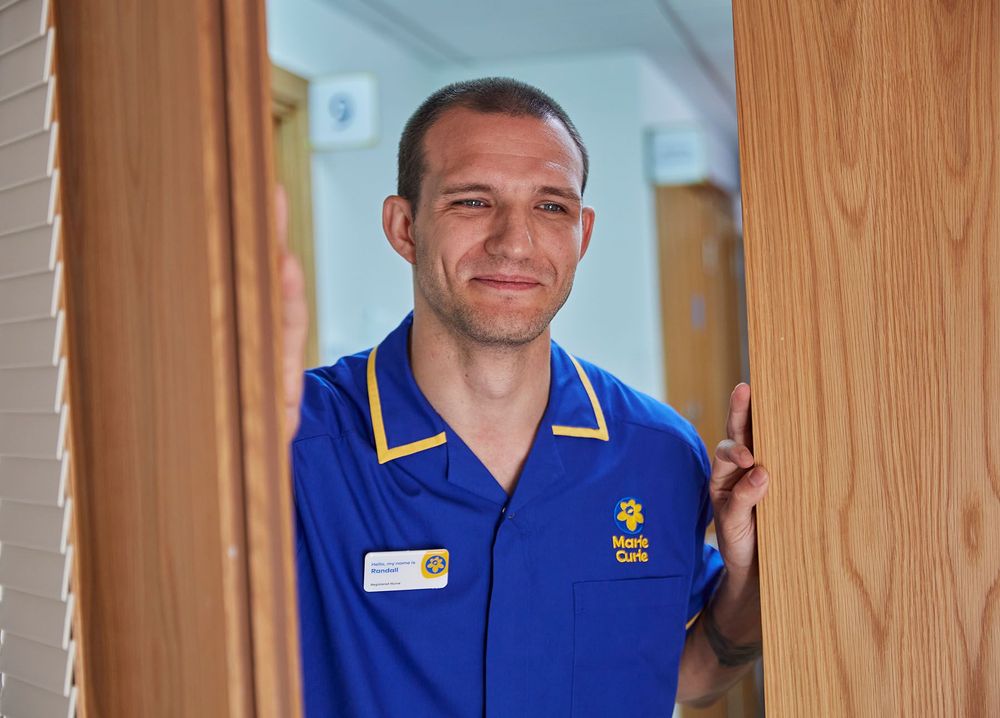

We offer care and support for people living with any terminal illness, wherever it’s needed. Learn more about our services and how to refer your patients.

Marie Curie works closely with local providers to identify needs and help deliver tailored, innovative, and resource-effective end of life care services. By working in this way, we intend to improve access to care and target local services at the people who need them most.
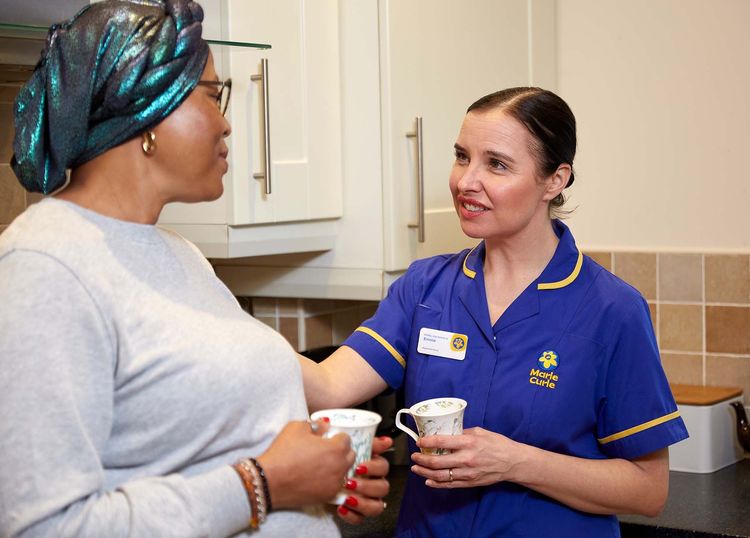
The Daffodil Standards is a free, evidence-based, structured approach designed to help GP practices and community pharmacies consistently offer the best end of life care.
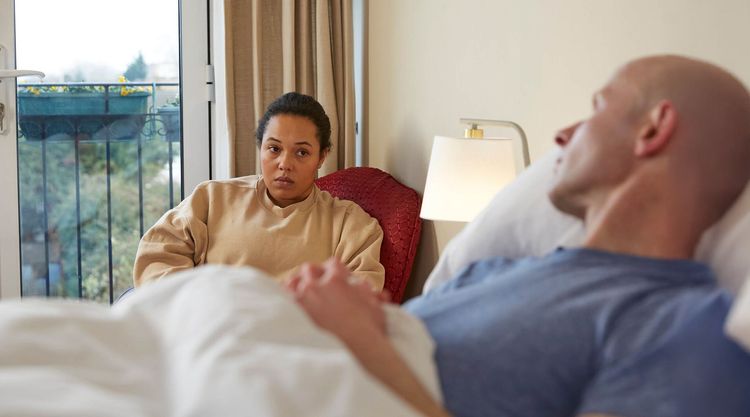
Stay up-to-date with Marie Curie services and the latest news in palliative and end of life care.
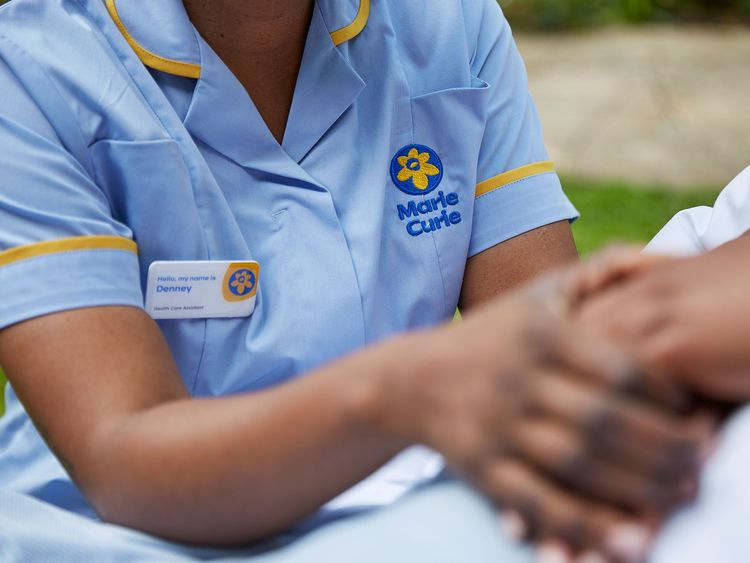
Marie Curie is the largest charitable employer of palliative nurses and professionals in the UK. Join our team and play an important role in helping people living with a terminal illness to live the best life possible – right to the end.
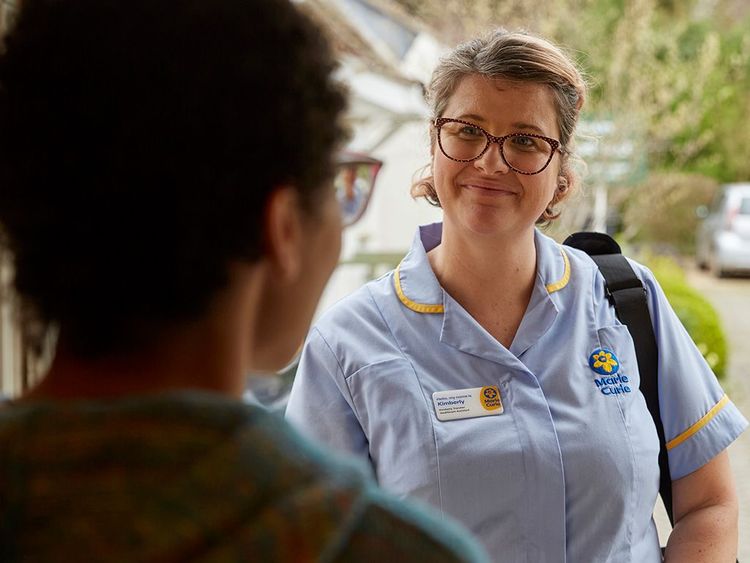
©2025 Marie Curie. Registered Charity, England and Wales (207994), Scotland (SC038731). Registered company limited by guarantee, England & Wales (507597). Registered Office: One Embassy Gardens, 8 Viaduct Gardens, London SW11 7BW